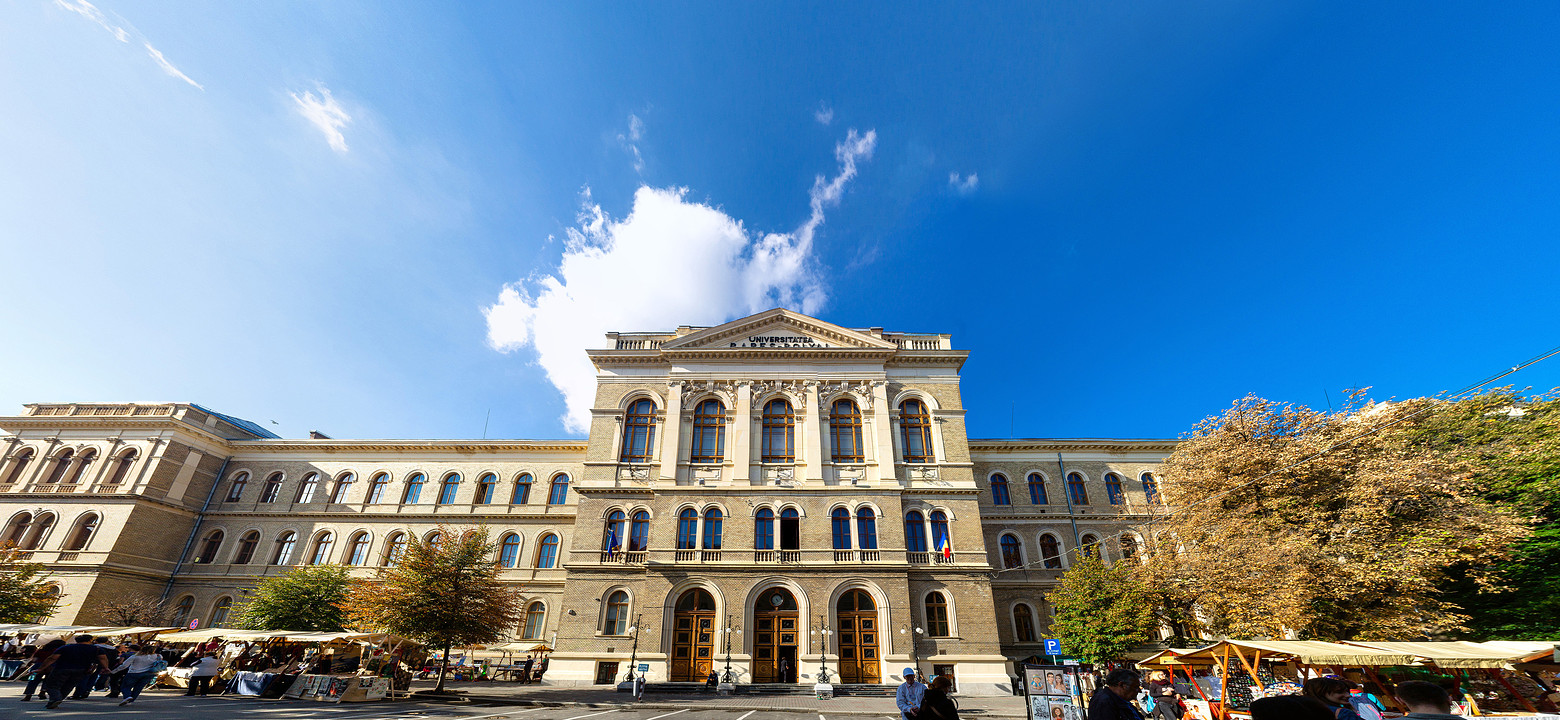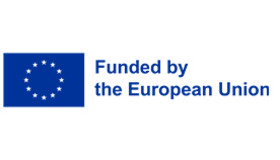Students working on logistics in Romania — an Erasmus Blended Intensive Project
The Erasmus+ programme offers students the opportunity of going abroad for a short period of time. Blended Intensive Programmes (BIP) are short-term programmes consisting of an online and physical part. They are jointly developed by partner universities. Jacques Bazen from the Saxion School of Business, Building & Technology has organised a BIP together with the Romanian Babes Bolyai University and the Hungarian Óbuda University.
Blended Intensive Programmes (BIP) are set up by at least three partner universities. How did your collaboration come about?
The choice of partners was quite easy from Saxion’s point of view. The organisation of this BIP lay with our Industrial Engineering & Management (TBK) programme. We have been working with both the Hungarian and Romanian universities on a very regular and pleasant basis for almost fifteen years. If you get to know each other well over the years, it's really enjoyable to try some new things from time to time.
When Romania proposed that they wanted try to set up a BIP, we thought that was a good idea. All three partners sat down to discuss the idea together. We had most of the programme’s structure on paper by the end of one afternoon. We still had to go through all kinds of bureaucratic hoops, but with a bit of goodwill from various institutions and plenty of support, it turned out well.

The Babes-Bolyai University, foto: Andrei Lucian Vaida
What was the assignment for the students?
A total of 25 students travelled to Romania from Saxion and Hungary to work with 12 students from Cluj on an assignment for two Dutch-Romanian companies.
One assignment was for a transport company. The students calculated the actual costs of having fully electric freight transported between the Almelo site and Cluj, instead of using conventional diesel trucks.
The other assignment was for a company that makes highly sensitive and high-quality coils for transformers. Part of the production has been outsourced to the Cluj site. This has all kinds of logistical challenges that our students have been working on.
How did the students work together?
A BIP has two parts: an online part and a physical part. The online part was intended to get everyone to the minimum required level in terms of theory and background knowledge. The physical part in Romania consisted of a practical business assignment. The group was divided into smaller groups for this assignment. Care was taken to ensure that each group was made up of multiple nationalities.
One of the special things about doing business internationally is that when you work with different cultures, all sorts of communication issues come up. For a Dutch student, an appointment at nine o'clock means that it actually takes place at nine o'clock. For a Romanian, it means that although he does his best to get there around nine o'clock, it can also be a quarter past nine. This depends on whether one or more urgent other issues come up in between. The Hungarian students occupied the middle ground here.
But apart from a number of these kinds of interesting differences in the perception of time, working together usually went relatively well. In the end, the students achieved a good result and provided their client companies with answers to their research questions.
The special thing about international business is that all kinds of communication issues arise when working with different cultures. But apart from some of these interesting differences in time perception, the collaboration went very well.
Why do you think it's important that your students have an international experience?
For our students, it was a good experience to jointly solve an issue while they were out of their cultural “comfort zone”. It also became clear that other cultural systems with different customs and habits also work in companies and societies, especially in an economically rapidly developing city like Cluj.
An international experience encourages our students to take a look in the mirror and realise that there are more ways to shape your society and business than we are used to in the Netherlands. And that's a good result. It ultimately helps students to develop their capacity for reflection. And that is another very important feature of the starting professional whom we, as Saxion, want to send into society after completing their studies.
What was your motivation for a BIP?
Participating in a BIP also gives you, as a lecturer, the opportunity to get out of the university's easy “comfort zone.” It often happens that you get questions or comments that initially leave you speechless. You have to think quickly and practically to deal creatively with problems and turn them into something that works. That helps you grow in your role as lecturer.
I can't wait for the next BIP to run. The Industrial Engineering & Management programme is participating in three separate BIPs this academic year, one of which we organise ourselves in Enschede.
How do you look back on this BIP?
A good BIP cannot take place without motivated partners who are both good at planning and have a lot of flexibility. Things always go differently than planned. This requires a great deal of improvisation from the partners and students.
Participating in this kind of project is always an adventure because you are never sure how it will end. And I have to admit that, for me personally, that is part of the charm of a project like this.
| Project Code: | 2021-1-RO01-KA131-HED-000005538-14 |
| Action Type: | KA131-HED – Mobility of Higher Education students and staff supported by external policy funds |
| Agency: NL01 - Nationaal Agentschap Erasmus+ Onderwijs Training | |
